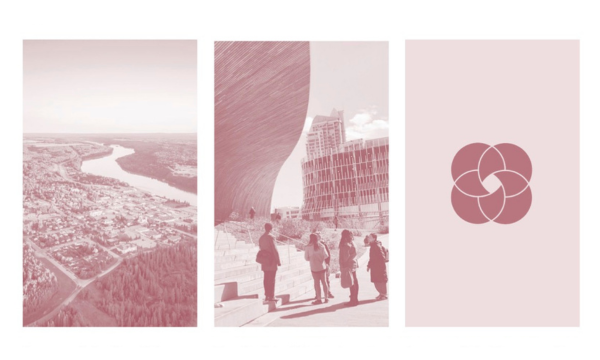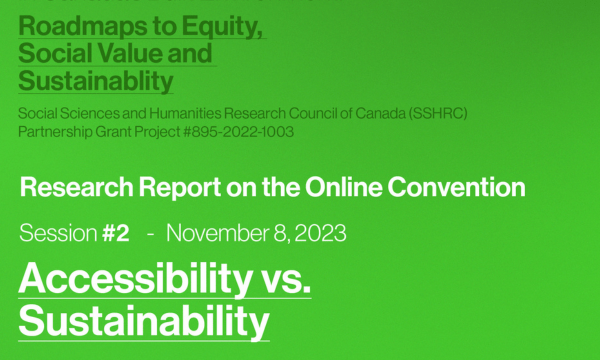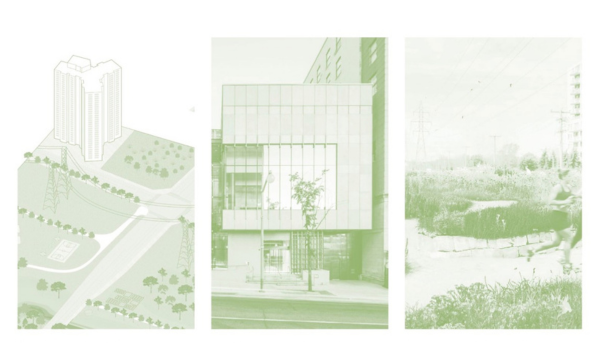The Toronto 2025 National Quality Convention was held from April 30 to May 2, 2025, as part of the SSHRC research Partnership on Quality. With an aim to figure out the process of the National Quality Strategy, the Toronto Convention featured roundtable discussions in two series (April 30 and May 1) alongside multiple plenary sessions. In addition, another major focus was to disseminate knowledge among diverse stakeholders about national and international initiatives for integrating and enhancing quality in the built environment, and encourage more sharing of lived experiences. Therefore, concentrating on this purpose, Prof. Jean-Pierre Chupin presented in the last (fourth) plenary session of Day 2 (May 1) titled: “Populating ArchiQualiData.ca”, and introduced the new open-access research platform of the SSHRC research Partnership on Quality to the audience.
Alongside being the Professor at the School of Architecture at Université de Montréal, Jean-Pierre Chupin also holds the Canada Research Chair in Architecture, Competitions and Mediations of Excellence (CRC-ACME). An expert on design competitions and systems of awards, Jean-Pierre Chupin is the founding director and editor-in-chief of the Canadian Competitions Catalogue / Catalogue des Concours Canadiens. With the support of the Canada Foundation for Innovation, he is currently building the Archives of Exemplarity in Architecture and the Built Environment from a historical inventory of over 3,000 award-winning architectural achievements in Canada. Since 2022, he has been the scientific director of the SSHRC-funded research partnership: Quality in Canada’s Built Environment: Roadmaps to Equity, Social Value and Sustainability. Jean-Pierre Chupin’s career is a compendium of varied and exceptional experiences, ranging from mobilizing researchers in universities to creating encyclopedic digital databases, from scientific research to organizing international conferences, and from pedagogical innovation, including student competitions, to consulting for the highest levels of government. An active member of two committees on equity, diversity, and inclusion at the Université de Montréal, he is now fully committed to this currently ongoing major Canadian research partnership, which showcases best practices in Canada while challenging the current imbalances between stakeholders in the built environment that undermine the social value of architectural quality.
In his plenary presentation, Jean-Pierre introduced ArchiQualiData to the audience at the Toronto Convention. For this purpose, Jean-Pierre reflected on the reason for the development of ArchiQualiData, a scientific database on documentation, research, and roadmaps to quality in the built environment. He explained that the project of ArchiQualiData originated from his work as a Canada Research Chair in Architecture, Competitions and Mediations of Excellence (CRC-ACME), supported by funding from the Canada Foundation for Innovation. He further discoursed that his initial idea was to connect two long-running databases of competition projects and award-winning buildings and places he had been curating, i) the Canadian Competitions Catalogue; and ii) Archives of Exemplarity in Architecture and the Built Environment. However, he then mentioned how ArchiQualiData has evolved into the current stage as a broader tool to study, recognize, and share examples of quality in the built environment.
At the start, Jean-Pierre explained how inputs from colleagues across Canada and challenges faced during COVID-19 have helped to expand the project into a broader partnership. He stated database of his works has now evolved from simply documenting “official” notions of quality (competitions and awards) to also recognizing lived experiences and exemplary places, even those that may never receive awards but still hold cultural or social value. This shift has mainly emphasized the importance of bottom-up perspectives in addition to top-down recognition. Jean-Pierre acknowledged that the Living Atlas of Quality, redesigned as a part of this process, now serves as an open-access platform hosted on the Digital Research Alliance of Canada. Moreover, he discoursed that it welcomes diverse contributions, including case studies, analyses, student projects, and roadmaps, all linked to specific places. Moreover, he also explained how this new platform distinguishes between awarded projects, lived experiences, and other exemplary cases while using AI-enabled search tools for navigation.
At the end, Jean-Pierre called on all partners, both academic and non-academic, to actively test, upload, and contribute material to ensure the platform grows. He emphasized that feeding the system with high-quality qualitative data is crucial, both for supporting research and for influencing how AI interprets and represents architectural quality. As a long-term goal for ArchiQualiData, he envisioned it to become a national and international reference point for documenting and analyzing quality in architecture and the built environment.
You can watch Jean-Pierre Chupin’s presentation below:



